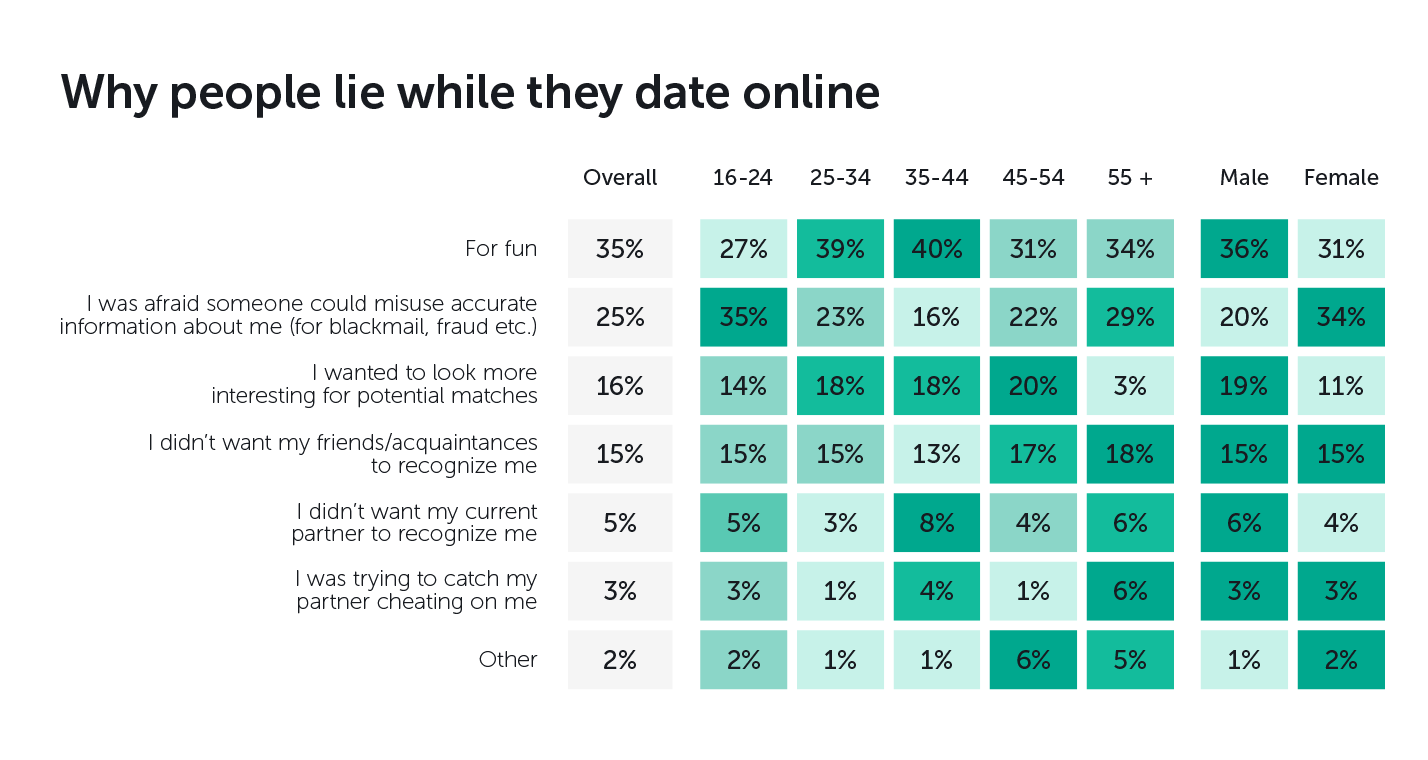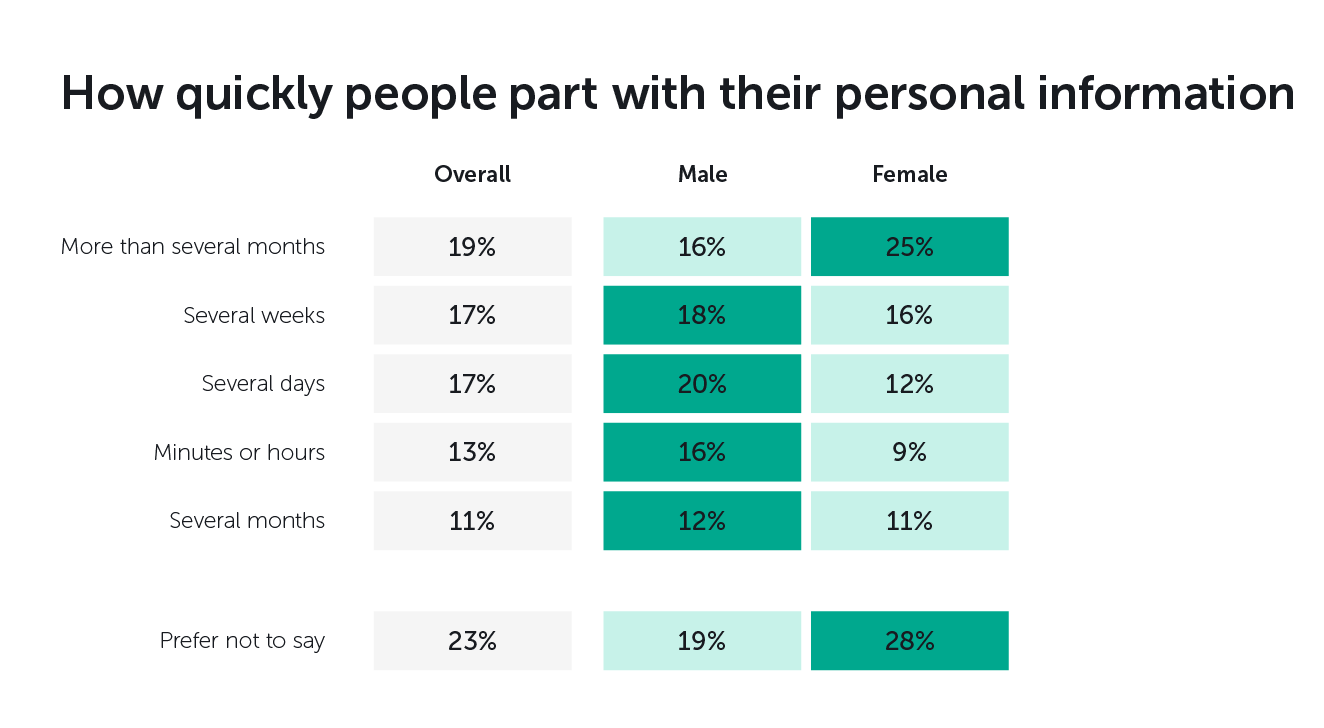While many different types of people go online to date – and they do it for multiple reasons, Kaspersky Lab study asked people about what they get up to when they are dating online, in order to understand the potential security implications.
The study found that a worrying number of online dating users are, through their profiles, placing sensitive information about themselves into the public domain, which could potentially lead them to harm if the information was to fall into the wrong hands.
For example, one-in-ten online dating users have shared their full home address publicly on their profile, have shared details about their work/ trade secrets, or personal details about their family in this way.
Many share photos of themselves this way:
- 15% using online dating have shared photos of their family publicly by displaying them on their profile;
- 7% have shared photos of their friends;
- 9% have even shared intimate photos of themselves publicly on their profile.
People are more likely to give up information to those they have been ‘matched’ with in the online dating world:
- 16% give out personal details to matches;
- 15% tell matches embarrassing things about themselves;
- 14% provide their matches with private or unclothed photos of themselves.
All of this information, in the wrong hands, can be used to track online dating users and their families online and offline, to crack their accounts by guessing passwords, for blackmail, and more. What’s more, this risky sharing happens faster than you might expect.
However, there is a disparity between men and women. When it comes to personal information, men are ready to share information about themselves much faster than women are. Female users are likely to share information after several months (25% vs 16%), while men are significantly more likely to hand over their personal details after just minutes or hours (16% vs 9%).
People might turn to online dating for fun and to strike up new relationships, but ironically the study shows that a large number of people lie in the process. 57% of online daters admitted they lie, most of whom (67%) turned out to be married men.
Among those that admitted they lie during online dating, the most popular things to lie about include their names, marital status, location and appearance – such as by showing fake photos.
So, why are people lying online? The study offers up many reasons including one-in-ten online daters (11%) using fake accounts as a way to protect themselves from harm. But other reasons vary from people trying to catch their partners cheating, to trying to make themselves look better, or simply lying for the fun of it.

Source: Kaspersky


